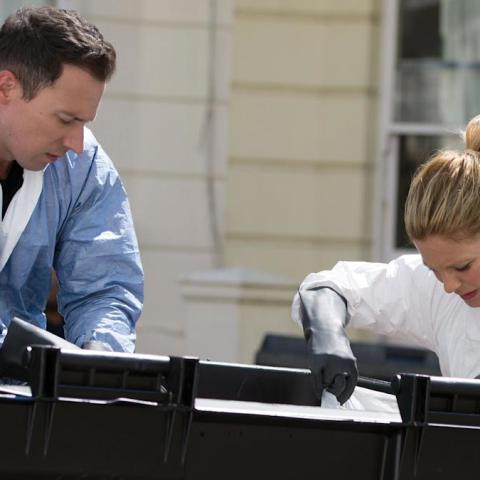WASHINGTON (AP) — A recent U.S. intelligence report reveals that Iran’s nuclear program has only been delayed by a few months, not completely destroyed as President Trump claimed. This information, shared by anonymous sources, challenges statements made by both Trump and Israeli Prime Minister Netanyahu about the effectiveness of recent U.S. airstrikes on Iranian facilities.
The Defense Intelligence Agency reported that while significant damage occurred at sites like Fordo and Natanz, Iran’s ability to enrich uranium remains largely intact. “The strikes did significant damage,” one source noted, but the facilities are still operable.
Experts voice concern that the airstrikes may have pushed Iran closer to developing nuclear weapons rather than deterring them. Some information suggests that Iran moved highly enriched uranium from various sites before the strikes, keeping critical components intact for future use.
At Fordo, U.S. B-2 bombers delivered powerful strikes, but the assessment found the underground infrastructure was mostly undamaged. Intelligence officials had anticipated this outcome, showing that preparation for such attacks might have been in place.
The White House rejected the DIA’s findings, claiming they undermine President Trump and the effectiveness of the military operation. “This is an attempt to discredit the administration’s successes,” said press secretary Karoline Leavitt.
Despite differing views, recent statistics indicate Iran currently has about 408.6 kilograms of enriched uranium. This amount is just shy of what is needed for a bomb if further enriched. According to the United Nations, around 42 kilograms of this uranium could theoretically be converted into a nuclear weapon if enriched to 90% purity.
Kelsey Davenport, a nonproliferation expert, highlighted that even with setbacks, Iran could quickly enrich uranium to weapons-grade levels if it has already diverted centrifuges. This means that while immediate threats may have been reduced, the long-term risk remains significant.
On social media, the public reaction has been mixed, with some praising the military strikes as a success, while others worry about Iran’s potential to recover and continue its nuclear ambitions. This ongoing debate reflects broader concerns about nuclear proliferation and international security.
Iran maintains that its nuclear program is for peaceful purposes only. Still, with enough enriched uranium on hand, the situation could escalate rapidly if Tehran decides to pursue a weapon. As tensions mount, experts continue to monitor the developments closely.
For more insights on nuclear security, visit the Associated Press Nuclear Landscape page.
Source link
Iran, Donald Trump, Rafael Grossi, Tom Wurtz, Military and defense, General news, Steve Witkoff, Iran government, JD Vance, Defense Intelligence Agency, Bombings, Nuclear weapons, AP Top News, World news, Abbas Araghchi, Washington news, Israel government, Karoline Leavitt, Politics, 2024-2025 Mideast Wars, Eric Brewer, United Nations, Stephen Wood, World News




















